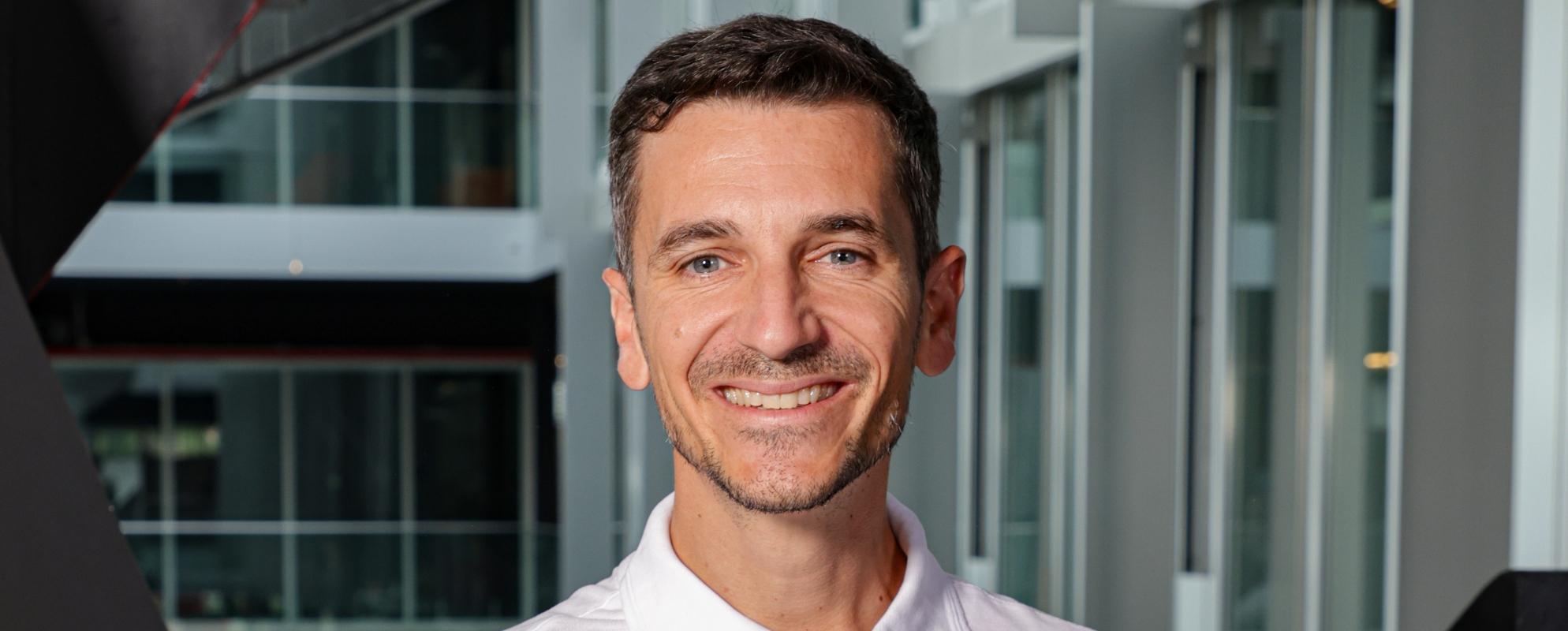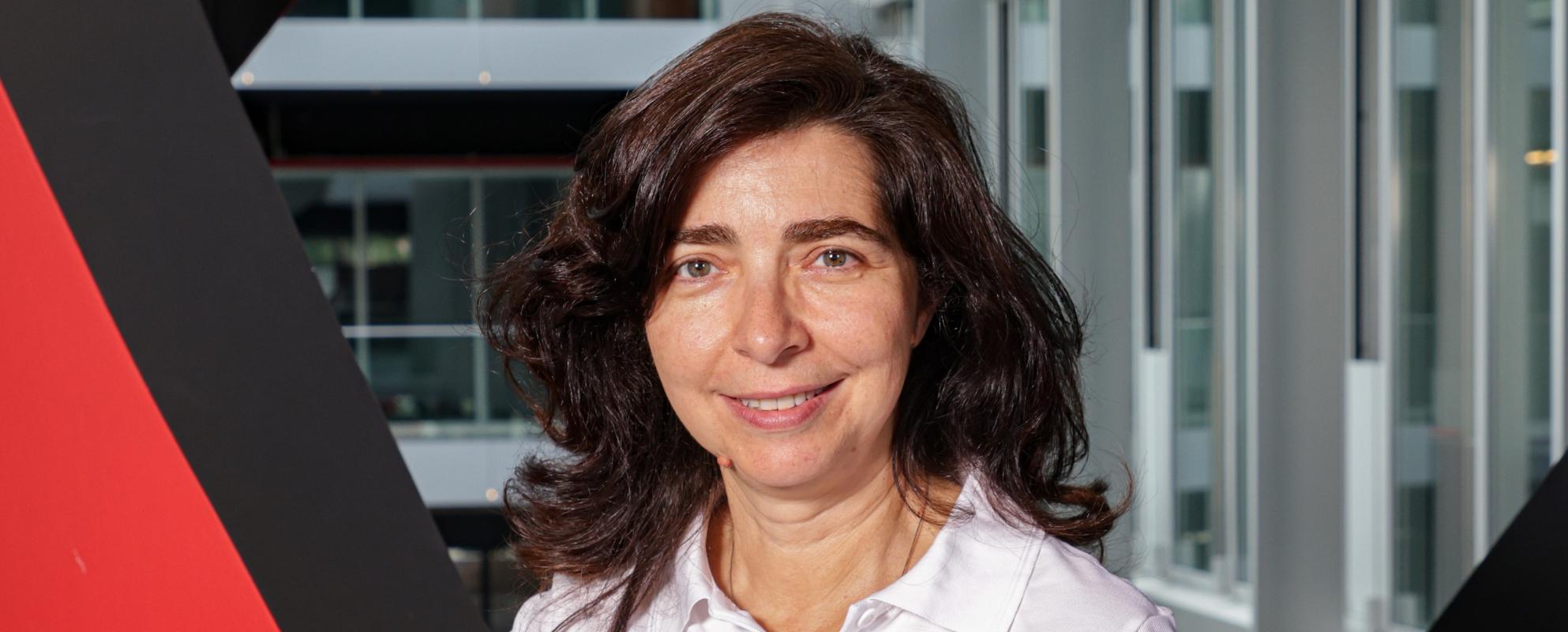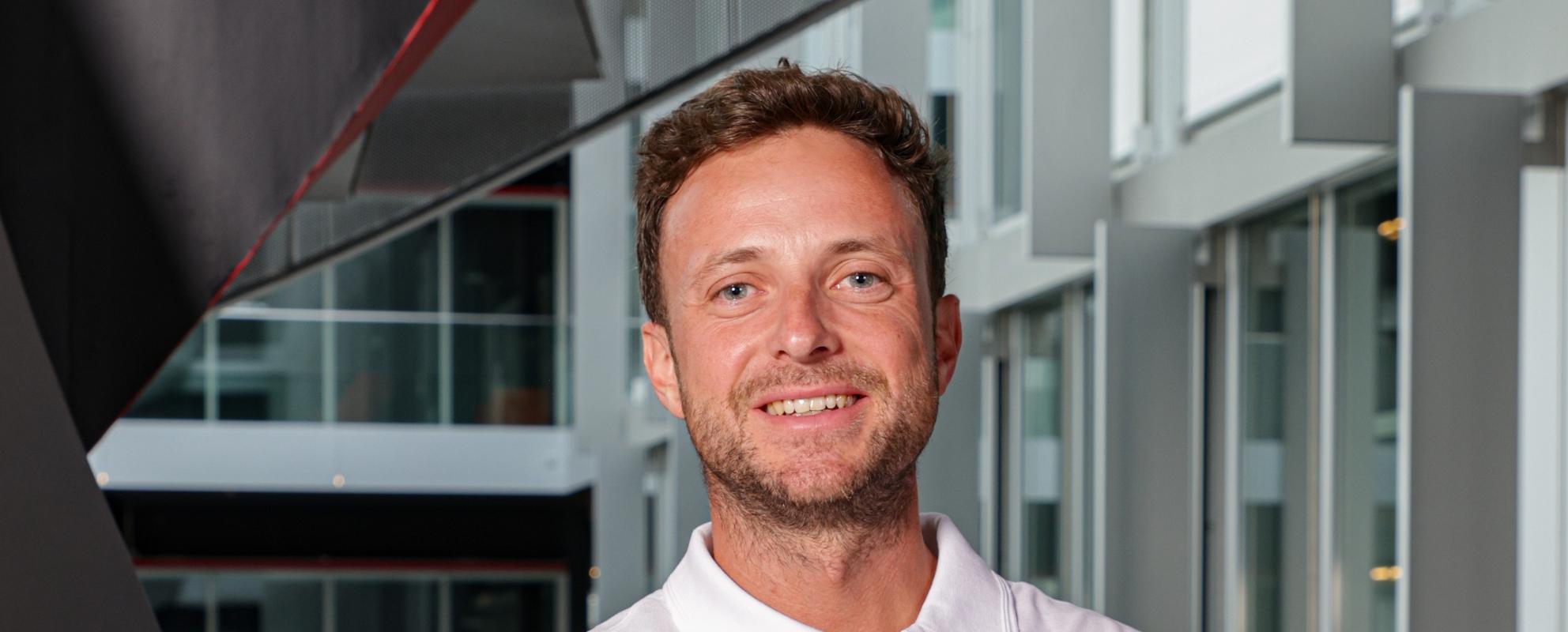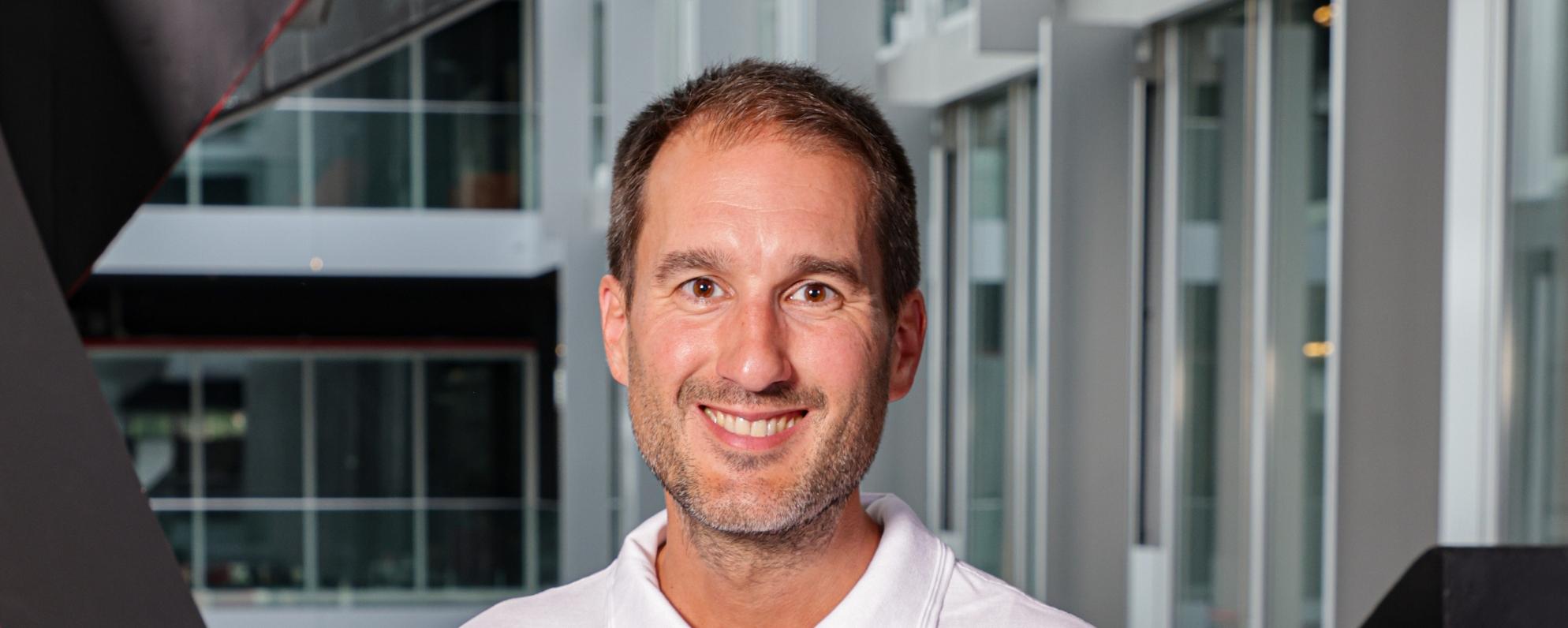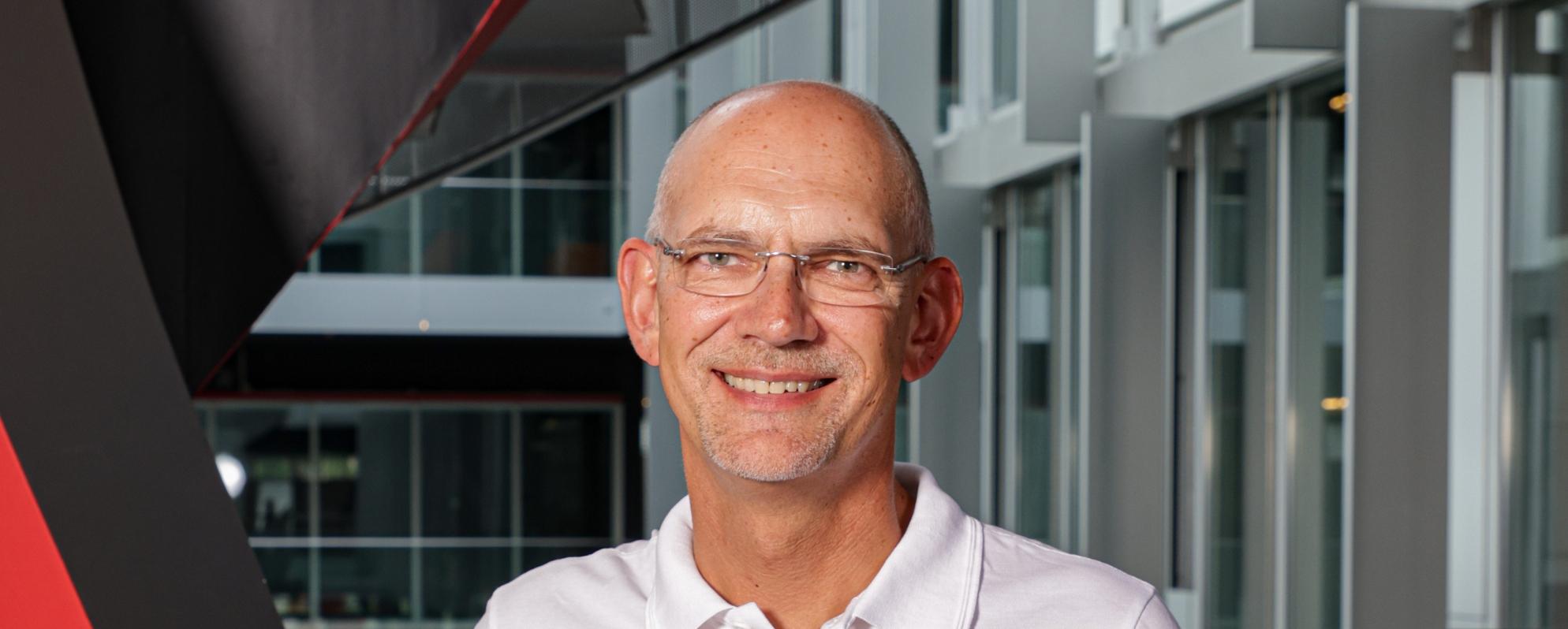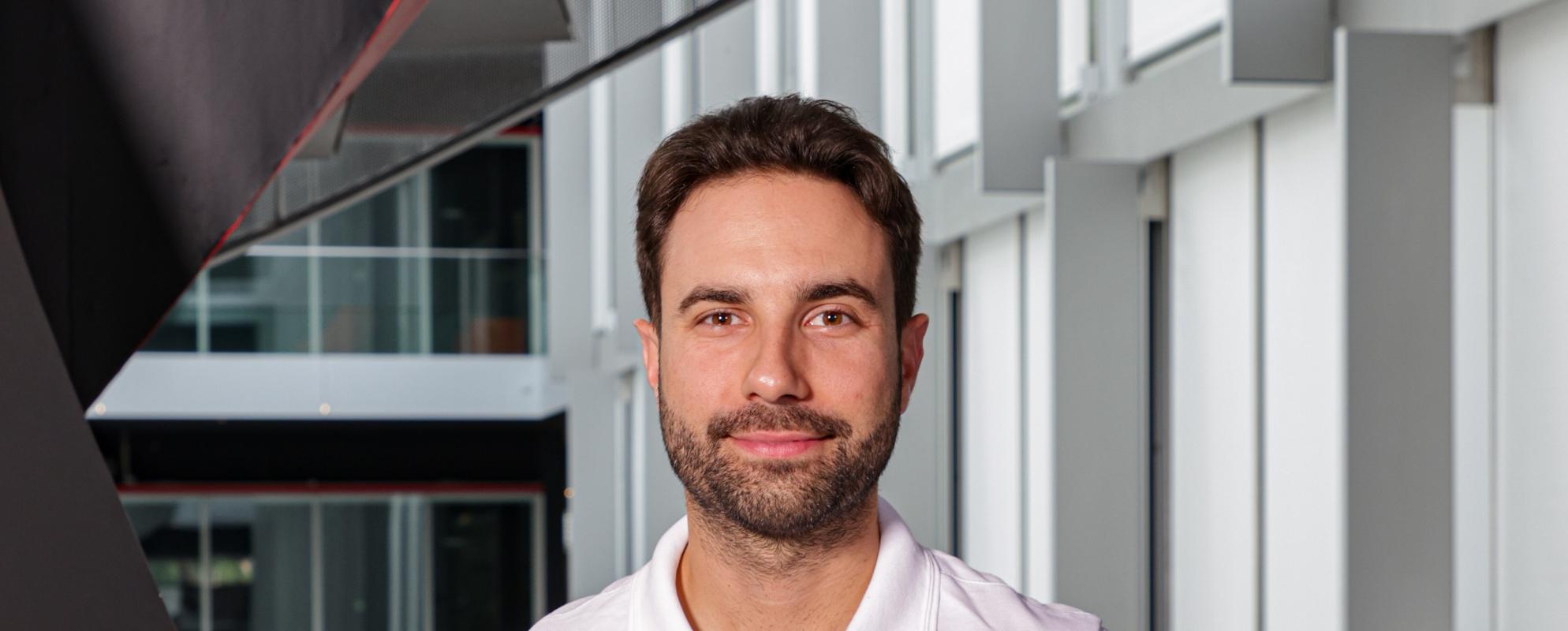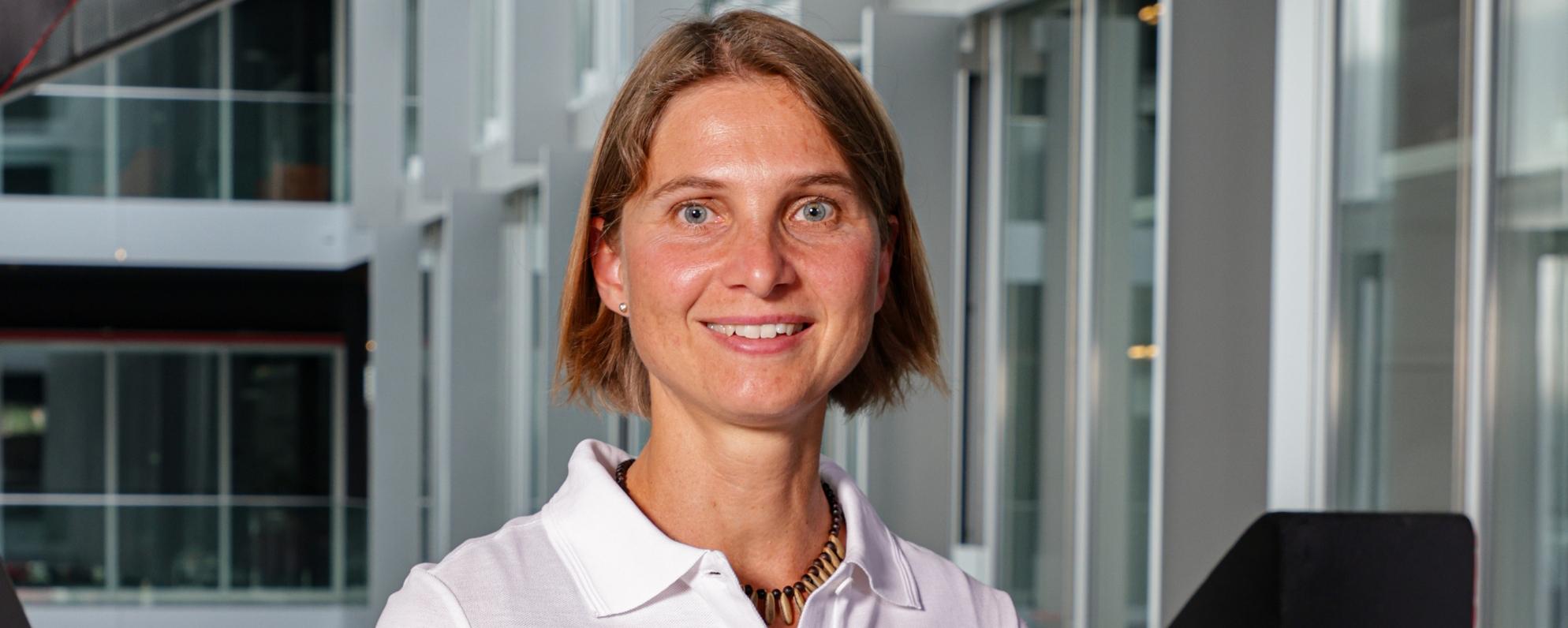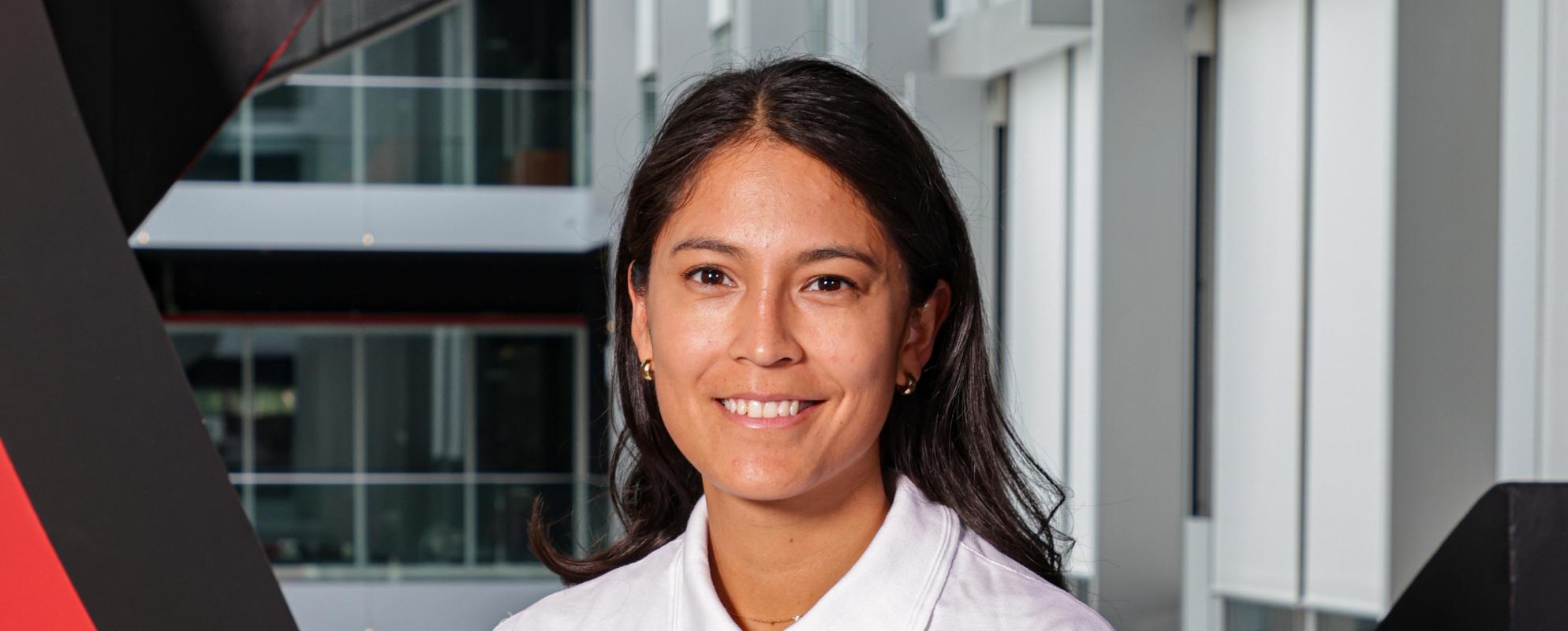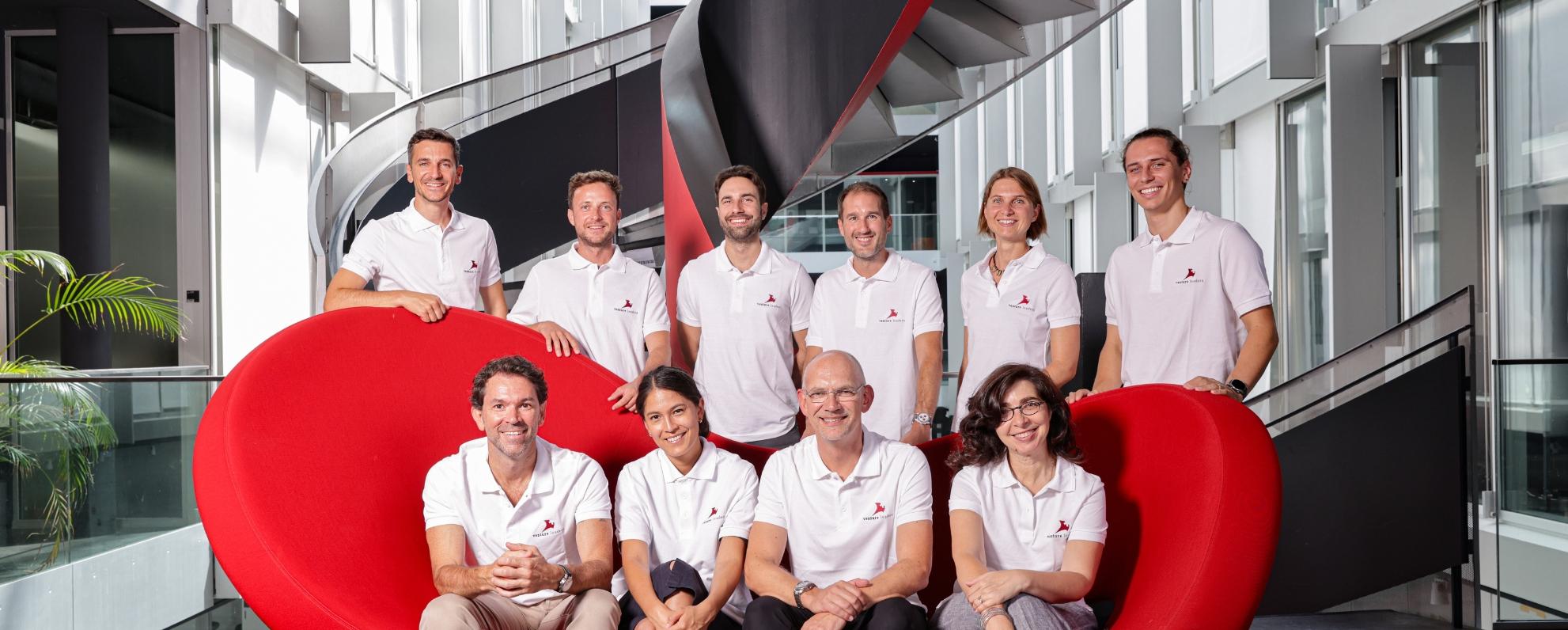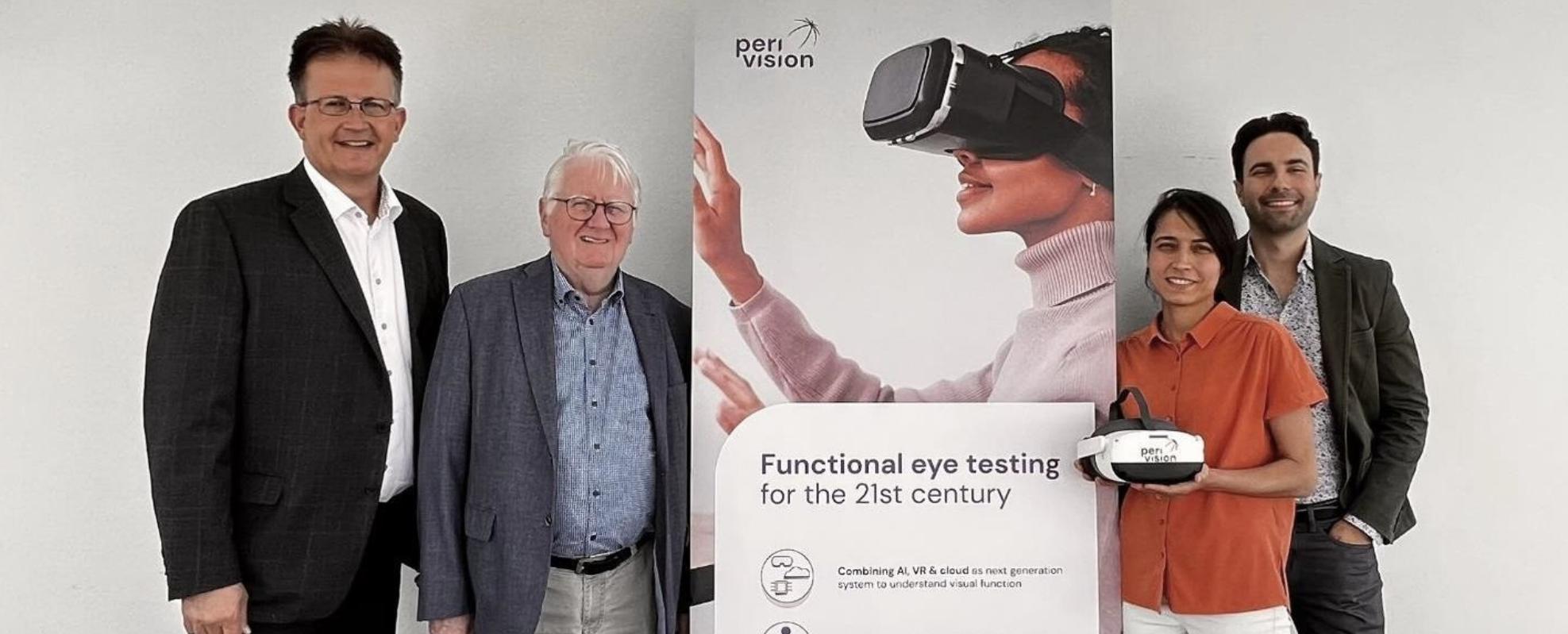Meet John Klepper, CEO of PIPRA. The startup's tool uses standard medical data, is web-or app-based, and takes less than two minutes to provide a score-based risk assessment. In September, John will join nine other Medtech innovators on a business development and investor roadshow in Boston.
 Name: John Klepper
Name: John KlepperLocation: Zurich, Switzerland
Nationality: US/ France
Graduated from: American Film Institute, Ringling (Master, 08/02)
Job title: CEO
Number of employees: 9
Money raised: 3.2 Mio
First touchpoint with Venturelab: In September 2019, when we were recommended by Danica Hafner, Lawyer UZH MLaw, IFJ Head JurServices, to get in touch with Venturelab for access to the Swiss Medtech network.
"We are confident in our ability to make a significant impact and capture a substantial market share in the coming years."
Can you tell us who your product or solution helps, and how?
At PIPRA AG, our product PIPRA benefits various healthcare stakeholders. For patients, PIPRA predicts postoperative delirium risk, enabling targeted preventive care, reducing mortality, and enhancing quality of life. Healthcare professionals can offer tailored interventions, improving patient care and cutting costs. Hospitals and insurance companies gain cost savings by using PIPRA to reduce hospital stays and complications, improving value for patients and payers.
What market are you addressing and what is the potential of your startup in that market?
PIPRA is addressing the healthcare market, specifically focusing on perioperative care and the prevention of postoperative delirium. Our target market includes hospitals and healthcare institutions, beginning in Switzerland and expanding to other developed countries with a high-income economy, strong industrial base, and advanced infrastructure. Our startup holds immense potential in this market. In Switzerland alone, we're connected to 100k patients through the Hirslanden Group and Basel University Hospital. Our solution's TAM is CHF 5.5B, covering 52k hospitals. Our subscription model shows strong growth. We aim to break even with 30-50 hospitals. The global trend supports us, as surgical patients over 60 will double in 30 years. Our validated need, direct sales, and SaaS pricing underpin our strategy for a substantial market presence.
How and where did you come up with the idea for your startup?
With a strong interest in brain health, I joined Trinity College Dublin as a Research Project Manager. There, I contributed to Alzheimer's Disease Prediction research, developing a digital biomarker for Real-World Evidence. The idea for PIPRA emerged from talks with hospital clinicians about Dementia and postoperative delirium (POD), a major issue leading to dementia. Recognizing the financial burden on hospitals and patients' suffering, two of the cofounders, me, John, and Nayeli, decided to apply for funding from EIT Health and soon thereafter we met our third co-founder, Ben, giving PIPRA a complimentary, multi-disciplinary founding team, with a passion for improving the quality of life for patients as well as a passion for creating something truly innovative and impactful.
What do you expect from the Venture Leaders Medtech roadshow, and how will it help you achieve your vision?
I have high expectations from the Venture Leaders Medtech Boston roadshow. This opportunity will serve as a platform to showcase our innovative product, PIPRA, to a highly influential audience in the Medtech industry. It will allow us to connect with key stakeholders, potential investors, and strategic partners in the Boston area, which is renowned for its strong healthcare and technology ecosystem. Participating in the roadshow will advance our vision through exposure, networking, and potential collaborations. We'll tap into these connections for growth, especially in the US. The roadshow offers insights into Medtech trends, refining our strategies, and staying competitive. Feedback will enhance our product's alignment with the market. This roadshow is vital to making PIPRA a global perioperative care leader, strengthening our industry stance, credibility, and impactful connections for widespread patient benefits.
 John presenting PIPRA
John presenting PIPRAWhat are your team’s key achievements to date?
• A successful Seed fundraising round 2
• Receiving CE-certification
• Winning several paid pilots with hospitals
• Winning several Awards; Brain Innovation Award (EU Brain Council), Value Based Healthcare Primary Care Award, EIT Health Wildcard (CHF 1M), De Vigier Award, Venture Award
• Winning several Pitching opportunities such as PnP Insurtech (Munich and Silicon Valley) and Accelerators such as IMD, Oxford Accelerator
• Algorithm Publication in the major journal Age and Ageing
• Quality Improvement of the first product
• Winning several Innosuisse grants
"It's essential to stay committed to our vision and mission, overcoming challenges, and learning from failures."
What is the most challenging and rewarding aspect of being a founder?
One of the most challenging aspects of our journey has been introducing a software solution that requires a shift in the standard of current care. Implementing change in the healthcare industry can be met with resistance, as established practices may need to be reevaluated and modified. However, we firmly believe in the potential of PIPRA to significantly improve patient outcomes and prevent postoperative delirium, and we are committed to working closely with healthcare professionals to demonstrate the value and efficacy of our solution. Being a founder is most rewarding due to our product's impact on people's lives. Hearing from patients, relatives, and healthcare professionals about how our solution helps with postoperative delirium is heartening. Making a positive difference fuels my passion for innovation. Engaging with patients and witnessing our product empower them reminds us of our work's significance. Their stories drive us to excel. As CEO, seeing the team develop, collaborate, and contribute to patients' lives is gratifying. Witnessing our product's impact brings fulfilment and motivation to continue our mission.
What is the most important lesson you have learned as a founder?
As a founder, the most important lesson I've learned is the power of resilience and perseverance. It's essential to stay committed to our vision and mission, overcoming challenges, and learning from failures. The journey is unpredictable, but embracing these lessons helps us navigate the startup world with determination and adaptability, making a meaningful impact in healthcare.
What is your favourite productivity hack/tool and why?
As CEO, I find ClickUp indispensable for task organization, deadlines, and team collaboration. Its user-friendly interface keeps me focused, tracking progress and project delegation. Confluence is also vital, streamlining workflows and managing data from numerous interviews efficiently. It aids in recalling essential details and supports seamless team collaboration regardless of our physical location.
What was your dream job when you were a child?
When I was a child, my dream job was to become an actor. I was deeply involved in theatre and had the opportunity to play many main roles. I was captivated by the dramatic aspects of acting and the ability to bring characters to life on stage. It was an exciting and creative world that sparked my imagination, and I dreamt of one day pursuing a career in acting to entertain and inspire audiences.
ABOUT THE PROGRAM
The Venture Leaders Medtech 2023 were chosen from over 80 applications by an expert jury. The roadshow in Boston provides a unique opportunity for entrepreneurs to accelerate their startups' expansion in the US while expanding their professional network and profiting from workshops with investors and industry leaders. This year's Venture Leaders Medtech program is organized by Venturelab in collaboration with Swissnex Boston and is supported by EPFL Lausanne, ETH Zurich, Hansjörg Wyss, Kellerhals Carrard, Swissnex Boston, and the Canton of Vaud.
Pipra AG: Reducing the burden of delirium through digitalization.
PIPRA is launching an AI-based postoperative delirium (POD) risk stratification tool, which at last allows implementation of the POD prevention guidelines to work in the real world. Health care profes... Read more




